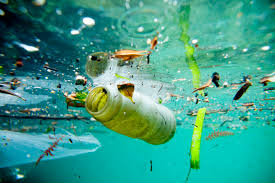Everyone has a right to clean water, no matter what you look like, how much money you make, or which political party you favor. In America, that right is enshrined in the Clean Water Act of 1972, which defines how the EPA regulates pollutants in U.S. waters, and the Safe Drinking Water Act of 1974, which establishes maximum amounts of pollutants in all public water systems. Those federal laws were passed at the peak of environmental degradation in our country -- a time when smog choked our cities and rivers were so contaminated they regularly caught fire.

Those laws and many other regulations at state and city levels have made great progress toward reducing pollution and addressing public health. Some of us now don't worry about the toxicity of the air for our children's afternoon soccer games or the flammability of the local river, primarily because our environmental protections have worked. But in far too many places around the country, those basic laws are not being upheld or enforced, and people are suffering the consequences.












